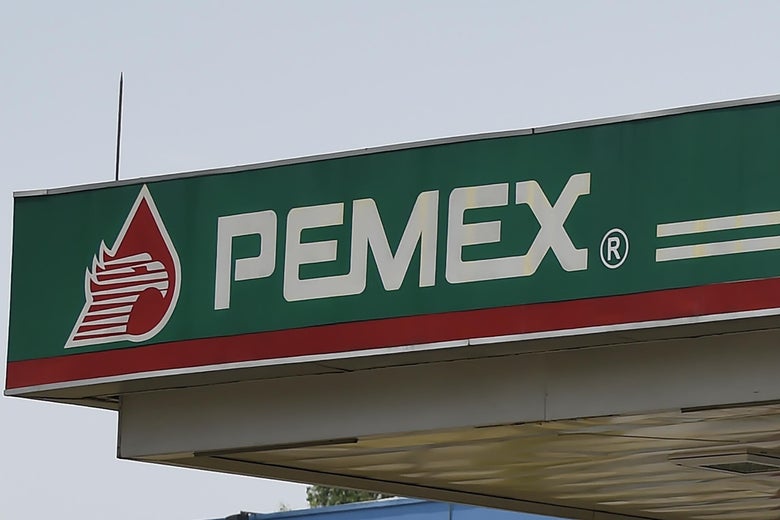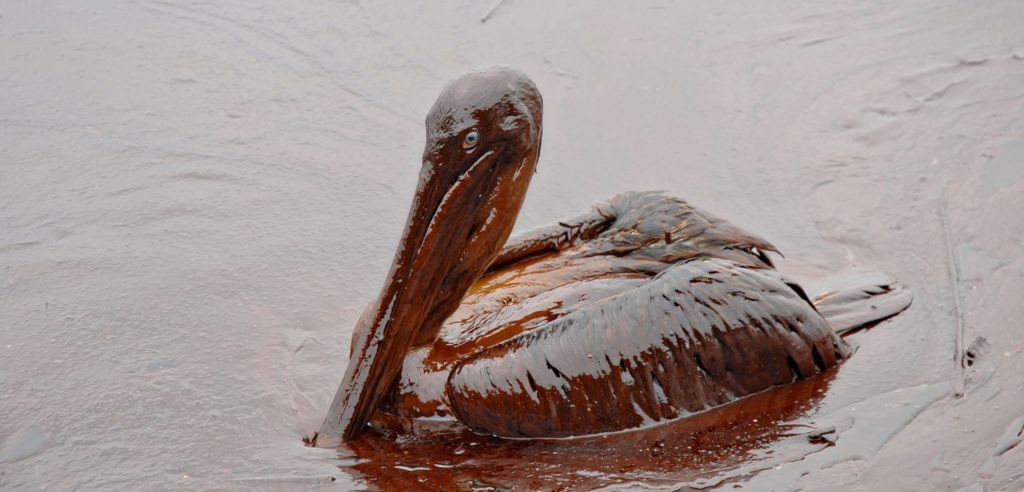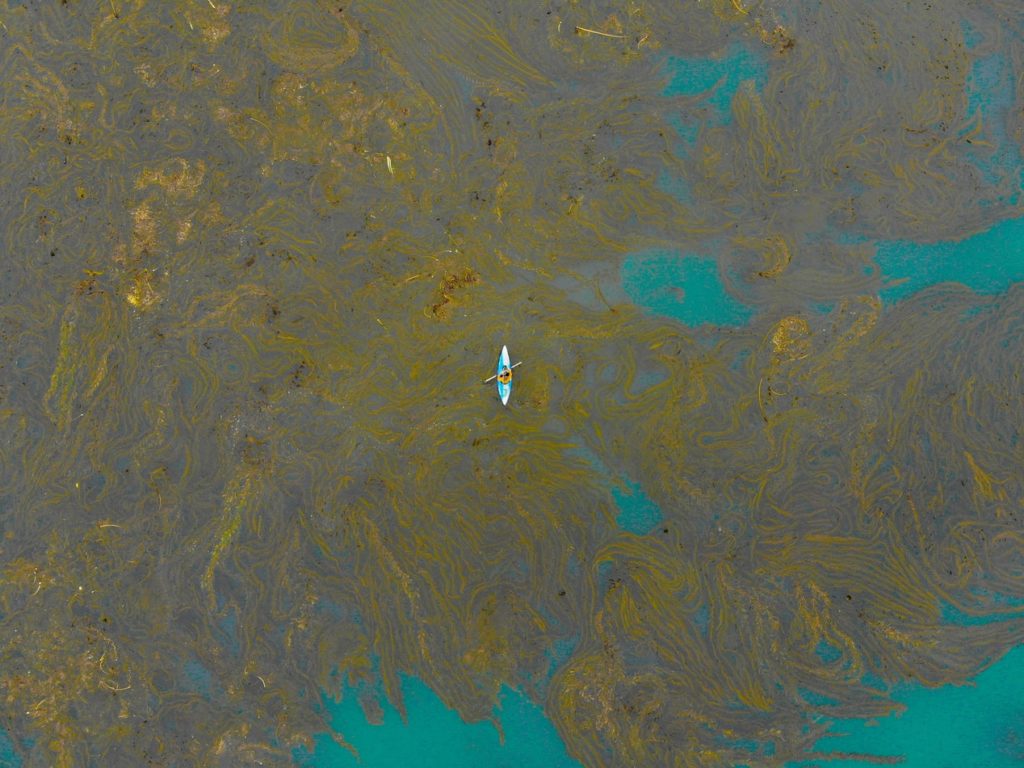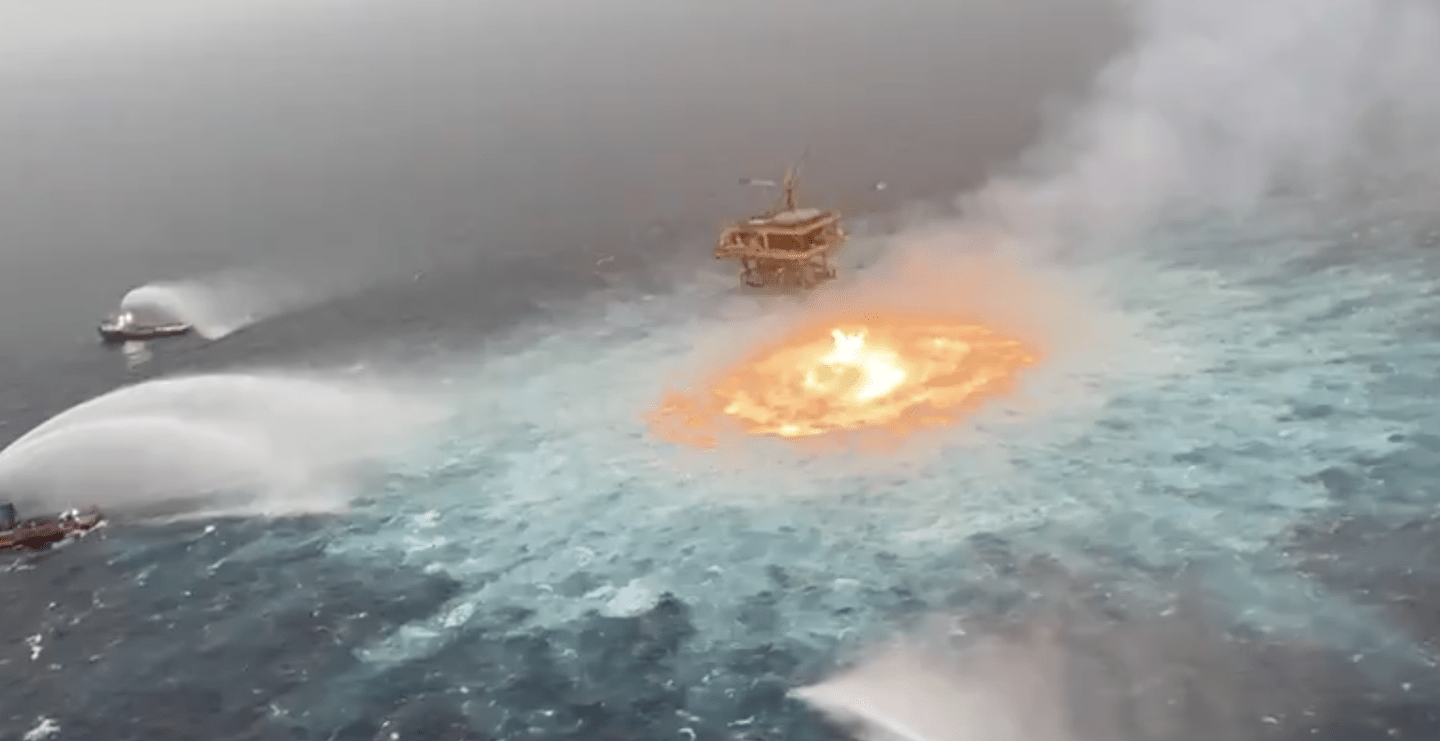An underwater pipeline in the Gul of Mexico began to leak and caused the disturbing ocean fire. It is now extinguished but questions and concerns still remain. How can you combat offshore drilling?
Over the weekend an underwater pipeline leak caused the Gulf of Mexico to become engulfed in flames. The state-owned company, Pemex, is being criticized for causing the ocean fire.
How did the ocean catch on fire?
The ocean fire catastrophe began at around 5 am due to a gas leak that is about 500 feet from a drilling platform. The fire was caused by methane and ignited at the surface after the pipeline began to leak. The fire continued for about 5 hours because of the continuous flow of methane. Methane is a greenhouse gas however, the fire may have actually contained some of the damage by consuming leaking hydrocarbons. Reuters said in a statement that the company employees used nitrogen to control the fire.
The machinery that caused the ocean fire is said to have been affected by an electrical storm and heavy rains. The head of Mexico’s oil safety regulator, Angel Carrizales said that they fire “did not generate any spill”.

Who Is Pemex?
Pemex is a Mexico state-owned petroleum company that is operated by the Mexican government. This company has a massive list of accidents and deaths. Dating back to 1979, Pemex’s oil well Ixtoc I experienced one of the worst oil spills in history. Crude oil destroyed ecosystems that were once known for their pristine conditions.
In 1992, 10 gasoline explosions in Guadalajara, Mexico’s sewer systems killed about 1,000 people. Only 4 Pemex officials were charged for negligence and subsequently cleared of those charges. Additionally, from 2012 to 2021 Pemex experienced years and years worth of deaths and disasters. Approximately 180 people have died and even more injured due to major accidents caused by this oil company. In addition to deaths, they have reeked havoc on the environment, with explosions, oils spills and pollution.
In a report from Reuters, Pemex documents show that their crude oil refinery has huge environmental impacts on air quality. While the Mexican government deemed the environmental impact as moderate, it is expected to have severe impacts on air quality. The refinery in question processes up to 340,000 barrels of crude oil every day.
Now that the entire world is watching because of the extremely frightening ocean fire video, people are calling for abolishment of oil drilling. The Center for Biological Diversity said “We must stop offering new oil leases in the Gulf and begin to #EndOffShoreDrilling with a just transition to cleaner energy and jobs”
Although Pemex has said that they will investigate the incident, many are very skeptical due to their staggering history. .

Impacts of offshore drilling
Offshore drilling brings risks of permanent damage to our oceans and marine life. When offshore drilling accidents occur there is catastrophic loss and harm to marine life, local businesses and huge environmental impacts. Oil spills spread fast and cover huge areas. Not only do they cause severe damage to wildlife, but they impact humans as well. Many businesses cannot run and vacationers cannot enjoy the beaches or waters.
These accidents don’t just occur because of oil companies either. Storms, like hurricanes, pose a huge threat to pipeline and drilling platforms. In 2008, Hurricane Ike destroyed oil platforms, tanks and pipelines in the Gulf of Mexico. This destruction lead to spilling half a million gallons of crude oil. Additionally, Hurricane Katrina and Rita caused 125 spills on the ocean’s Outer Continental Shelf. Spilling more than 685,000 gallons of petroleum..
Offshore drilling has huge affects on local businesses and coastal economies. Over $35 billion in losses for commercial fishing and $60 billion ocean and coastal tourism and recreational industries due to offshore drilling incidents. The damages and the clean up are not only costly, they are extremely time consuming. It can take over 15 years to completely clean up an oil spill.
We also have to remember the devastating affects on marine life. Current clean up methods only remove a small fraction of the oil from ocean. Most of the ecosystems remain permanently damaged. It isn’t just fish that are vulnerable either. It’s marine mammals, birds, plants, shellfish and more that are devastated from oil spills. These toxic chemicals affect these animals ability to produce offspring, locate mates and make them much more susceptible to prey. It is important to remember that those of us who consume fish, are also ingesting these harmful chemicals as well.

What can you do to fight offshore drilling?
As just one person, the thought of fighting offshore drilling and these large oil companies may seem impossible. It is definitely an uphill battle but that doesn’t mean it’s a lost cause. Here is everything you can do to help clean up oil spills and how to use your voice.
- Call Officials – If you see an animal struggling call your local animal rescue.
- Beach Clean Ups – Get a group of friends and do a beach clean up. Or look for organizations that run clean up programs.
- Volunteer – Find volunteer opportunities to help animals or areas affected by oil spills.
- Donate Money – If you can’t volunteer donate to organizations that clean up and rescue animals.
- Donate Hair – Booms used to clean up oil spills are used to contain the oil and can be made from hair. Salons, pet groomers and even farmers can help this way! Check out Matter of Trust for more information.
- Support Alternative/Renewable Energy – Wind, water and solar have significantly lower risks of impacting the environment.
- Support Communities Affected By Spills – When oil spills occur, donate, volunteer or spread the message.
- Use Your Voice – Call local legislation, Tweet, email/call. Do whatever you can to make your voice heard.
Read More:
Climate Change And Transportation Systems
Ecocide – To Be A New International Crime
Sunscreen – The Good, The Bad And The Ugly
Follow Us on Instagram!
Stay Connected
